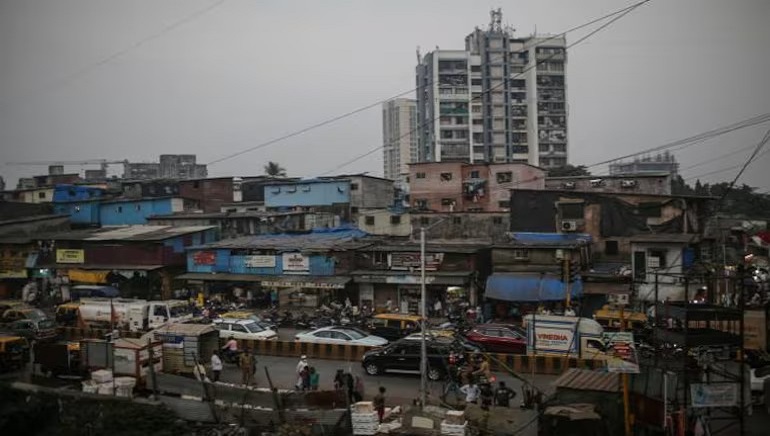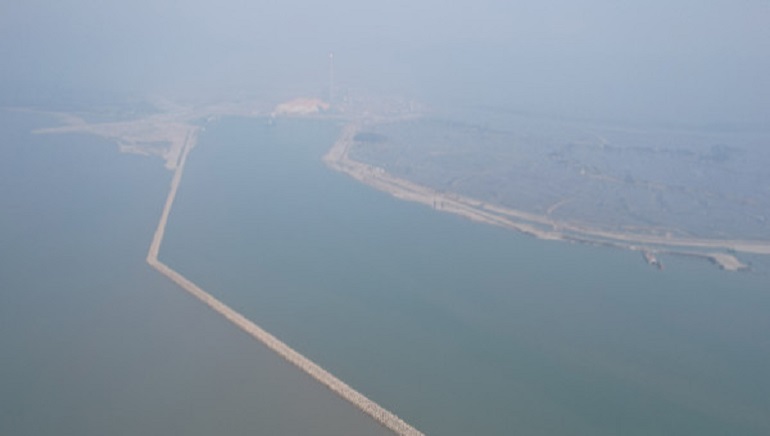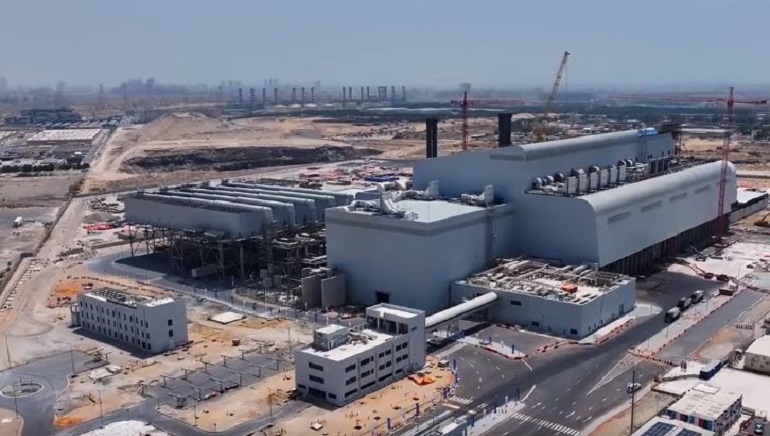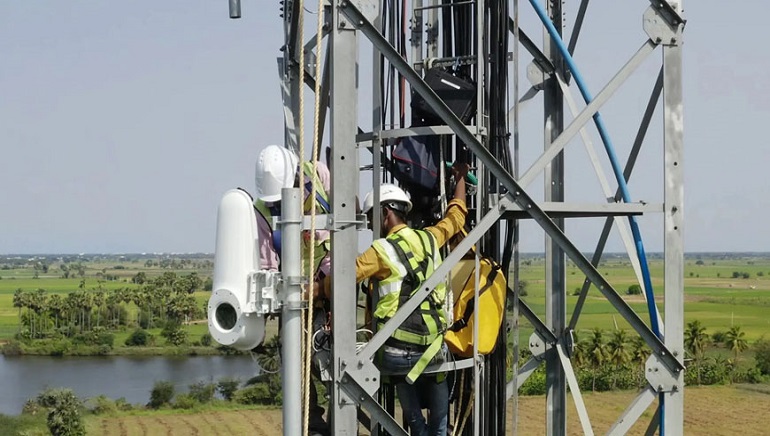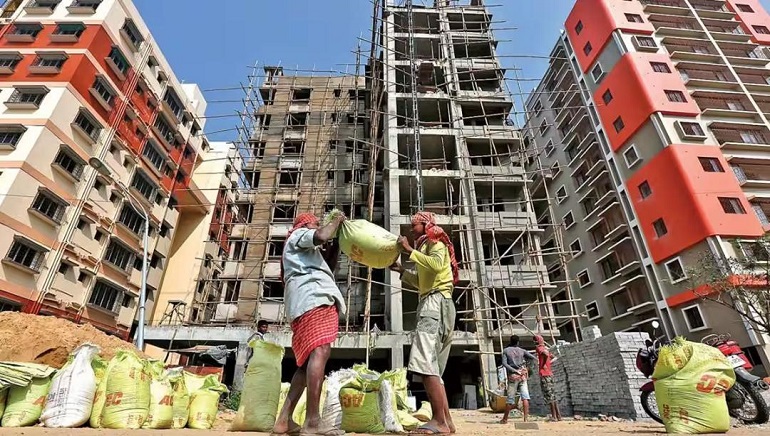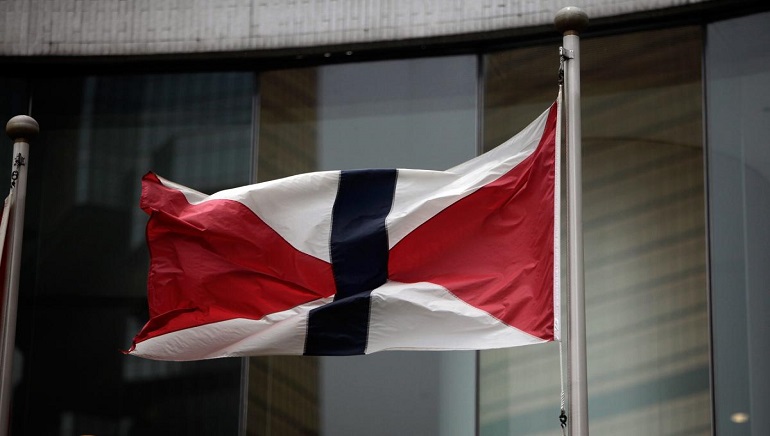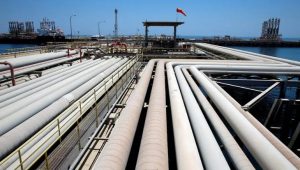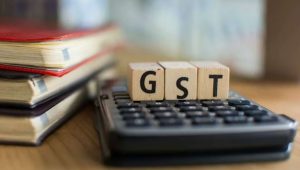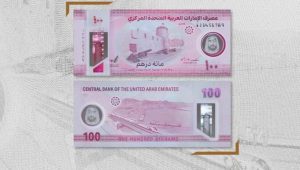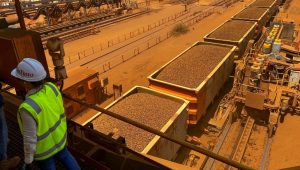Adani Group Chairman Gautam Adani has said that the redeveloped, new Dharavi – Asia’s largest slum cluster located in Central Mumbai – will produce “millionaires without the slumdog prefix.”
Adani Properties has been appointed by the Maharashtra government for the redevelopment of Dharavi. In an open letter on July 19, Adani expressed his commitment to creating a “state-of-the-art world-class city” that would reflect a resurgent and self-assured India “as the 21st century belongs to India”. He personally vowed that eligible residents of Dharavi would be relocated to their new homes as part of the redevelopment project.
“As we embark on this completely uncharted journey, I am aware of the colossal challenges ahead. Even in comparison with Singapore’s trailblazing project to resolve its housing crisis in the 1960s, Dharavi is a unique project in a league of its own,” Adani said in an open letter on July 19.
The redevelopment project of Dharavi will be unique for three reasons. It is one of the world’s largest urban resettlement and regeneration projects, where about a million people will be rehabilitated and resettled. It will resettle not only the residential units, but also diverse establishments of various sizes and scales dealing with trading, shopping and other business transactions. The project will also aim for comprehensive and holistic redevelopment, as it caters to the housing and rehabilitation needs of both eligible and ineligible residents, added Adani.





